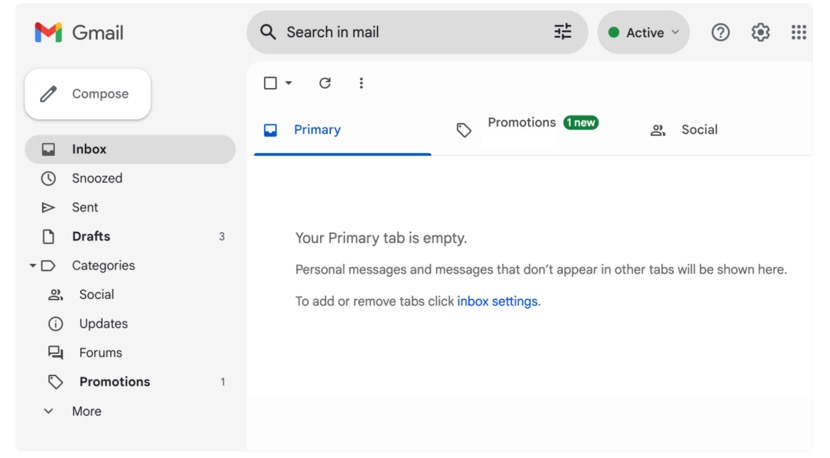When you need to clear out your inbox, but you don’t want to go overboard.
The concept of proclaiming “email bankruptcy,” which involves erasing all emails in your inbox dated beyond a specific point, has gained such widespread popularity that it has earned its own Wikipedia page. This approach extends beyond just emails; many individuals commonly embrace a form of personal bankruptcy by mass-deleting games, movies, and e-books that they suspect they may never engage with. However, resorting to bankruptcy is a drastic measure. What if you considered adopting inbox amnesty instead?

What is inbox amnesty?
Although there are strategies, such as the “one touch” rule, to handle your inbox actively and minimize the count of unread messages, there will inevitably be occasions when your inbox becomes overwhelming. While this doesn’t trouble some individuals, the continuously rising number in the notifications badge can be maddening for others. If you find yourself in the latter category, consider declaring inbox amnesty and giving yourself a fresh start.
Why inbox amnesty is better than inbox bankruptcy?
Though both inbox amnesty and bankruptcy share the common approach of clearing out all emails and commencing anew to prevent unread messages from piling up, a crucial distinction exists. Unlike bankruptcy, which permanently eradicates the emails, amnesty simply designates them as read and discreetly stores them away, keeping them out of immediate view.
As a result, you retain the option to revisit the archive whenever necessary, retrieving contact details or important threads that may require follow-up in the future. Opting for bankruptcy and wiping out all emails eliminates this possibility, leaving you unable to refer back to anything from the past. It’s almost certain that a situation will arise demanding a review of an older email that you have now permanently discarded.

You have the option to schedule a reminder to completely delete your archived messages after six months if they prove unnecessary. However, if they aren’t occupying a significant portion of your storage and causing issues, you’re welcome to retain them as a precaution for potential emergencies.